How Wisdom Teeth Affect the Body
Wisdom teeth or third molars appear between the ages of 17 to 25. There are a lot of teeth surrounding these teeth, so we decided to learn more about them.
5-Minute Crafts wants to remind you that this article can’t replace a visit to a dentist and is purely informative.
Not everyone has wisdom teeth
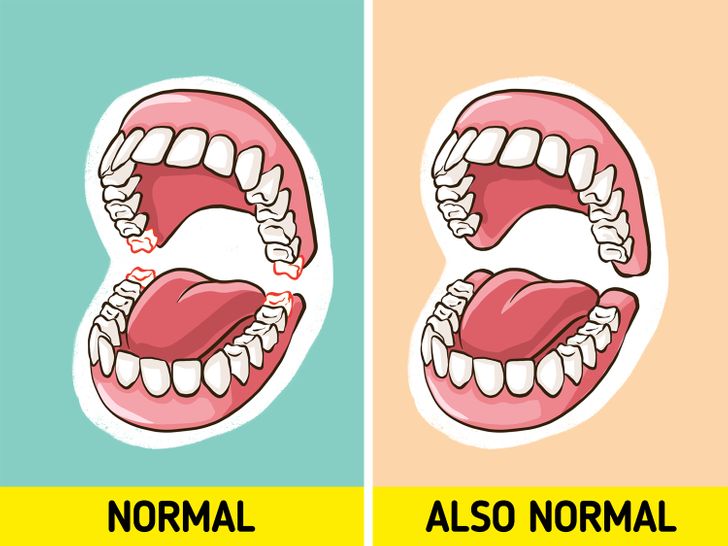
Because most of us have the same number of teeth in the front, we’d assume that everyone has 4 wisdom teeth in the back. But this is not true.
Some people have them in their gums and they never grow. Others have only 1 or 2 out of 4 teeth. And some people don’t have any at all —35% of people were born without them. All these options are okay unless you are experiencing unpleasant symptoms.
They are not useless for the body
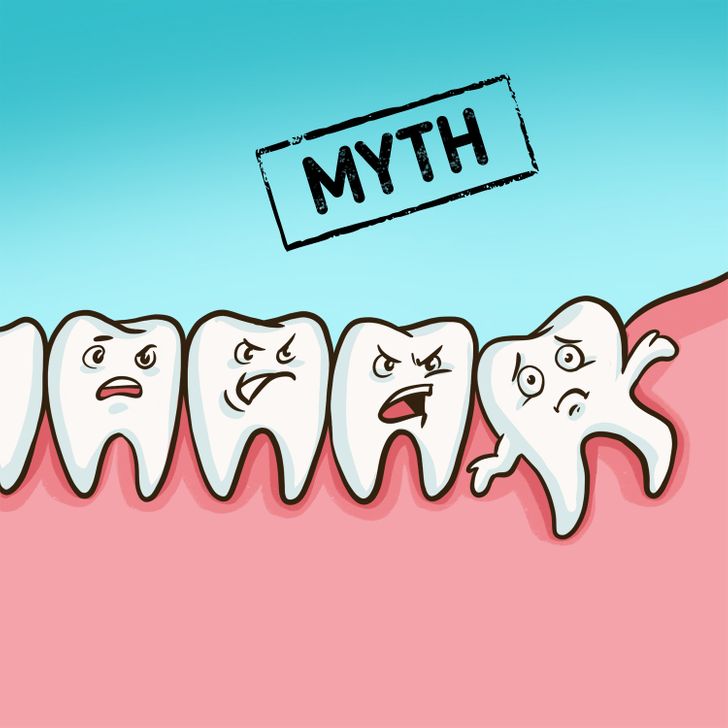
Some people believe that third molars are useless but, in fact, they have the same function as the other teeth: they make the chewing process easier. It’s believed that ancient people needed wisdom teeth because they ate tough meat and roots, and it took a lot of effort to chew this food. Even though we eat entirely different food today, wisdom teeth are still important.
Not long ago, Japanese researchers found that third molars contain stem cells. It means that everyone that has them has a supply of stem cells that are used to treat many illnesses.
It’s not necessary to get them removed
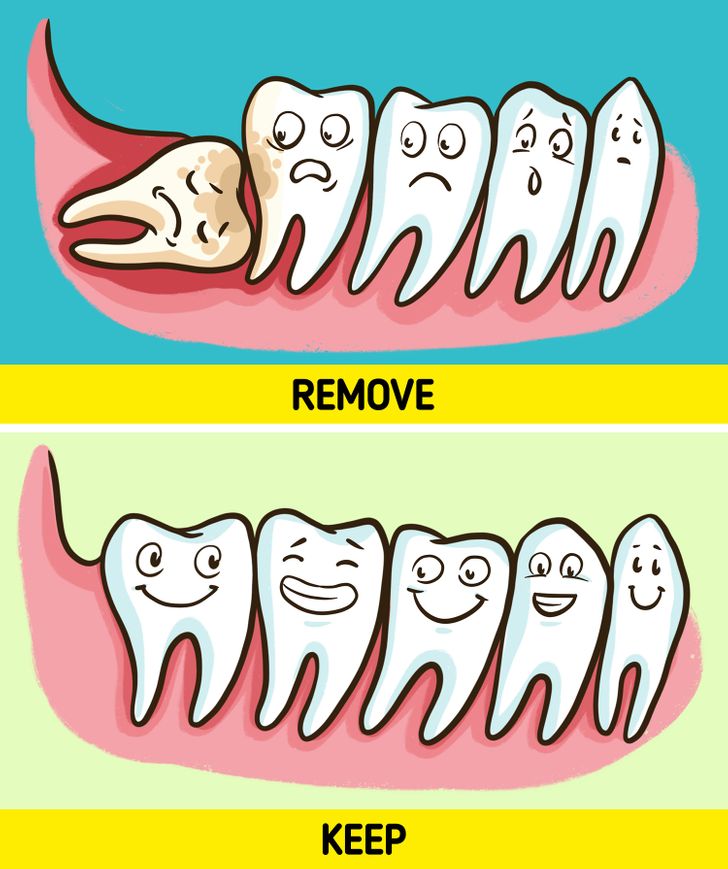
Removing wisdom teeth is a very popular medical procedure. But if they are healthy, there’s no need to remove them. There are cases when removing them is the only option:
- jaw damage
- damage to other teeth
- inflamed gums
- problems with the sinuses
- tooth decay
In these cases, you need to consult an expert to develop a treatment strategy.
Even if they don’t hurt you, you still need to get them checked.
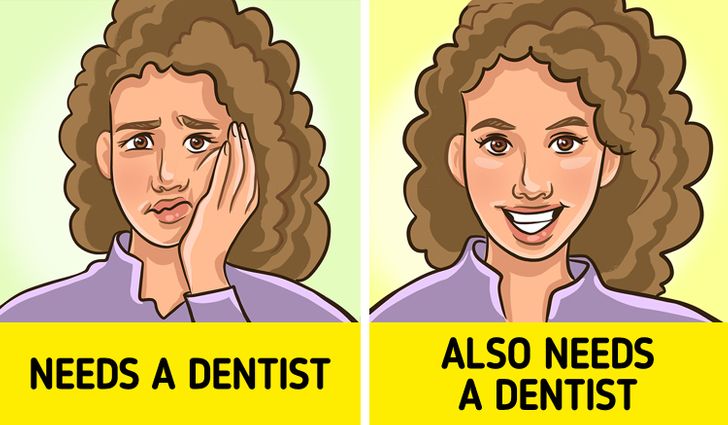
You might not even notice them
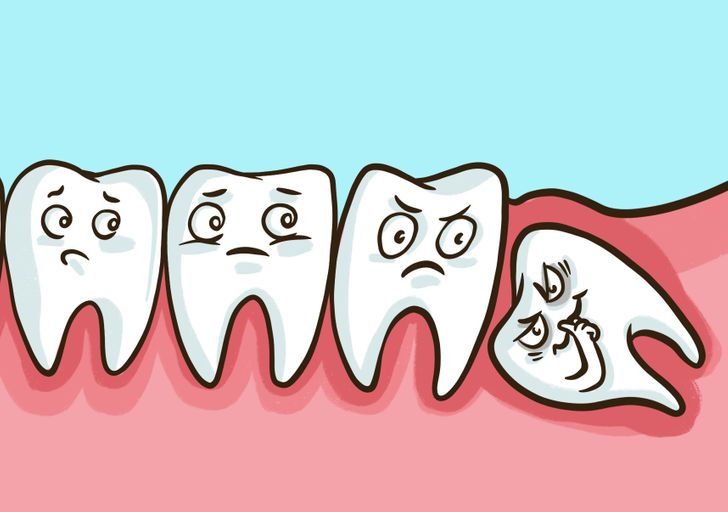
You might not know whether you have wisdom teeth or not. And your dentist also can’t figure this out without special equipment. But this doesn’t mean you don’t have them. They might be hiding in your gum tissue or even in your jaw itself.
Using an x-ray, your dentist will be able to tell you if you have wisdom teeth or not. But they won’t be able to predict how they will grow or how they will come in.
Bonus: Removing wisdom teeth is not as scary as it seems
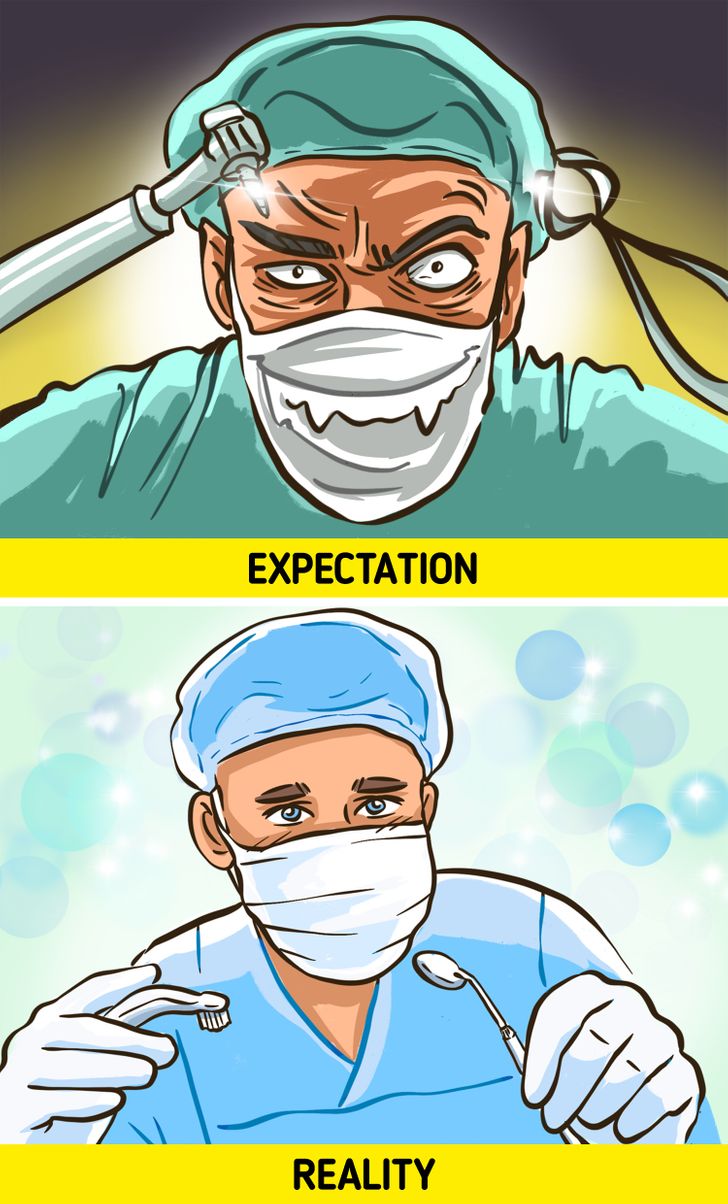
We’re all scared of dentists but, in reality, we shouldn’t be: most procedures that have to do with removing wisdom teeth are relatively safe and painless, and some of them don’t require surgeries at all. But if you needed surgery, it will only take a few days to fully recover.